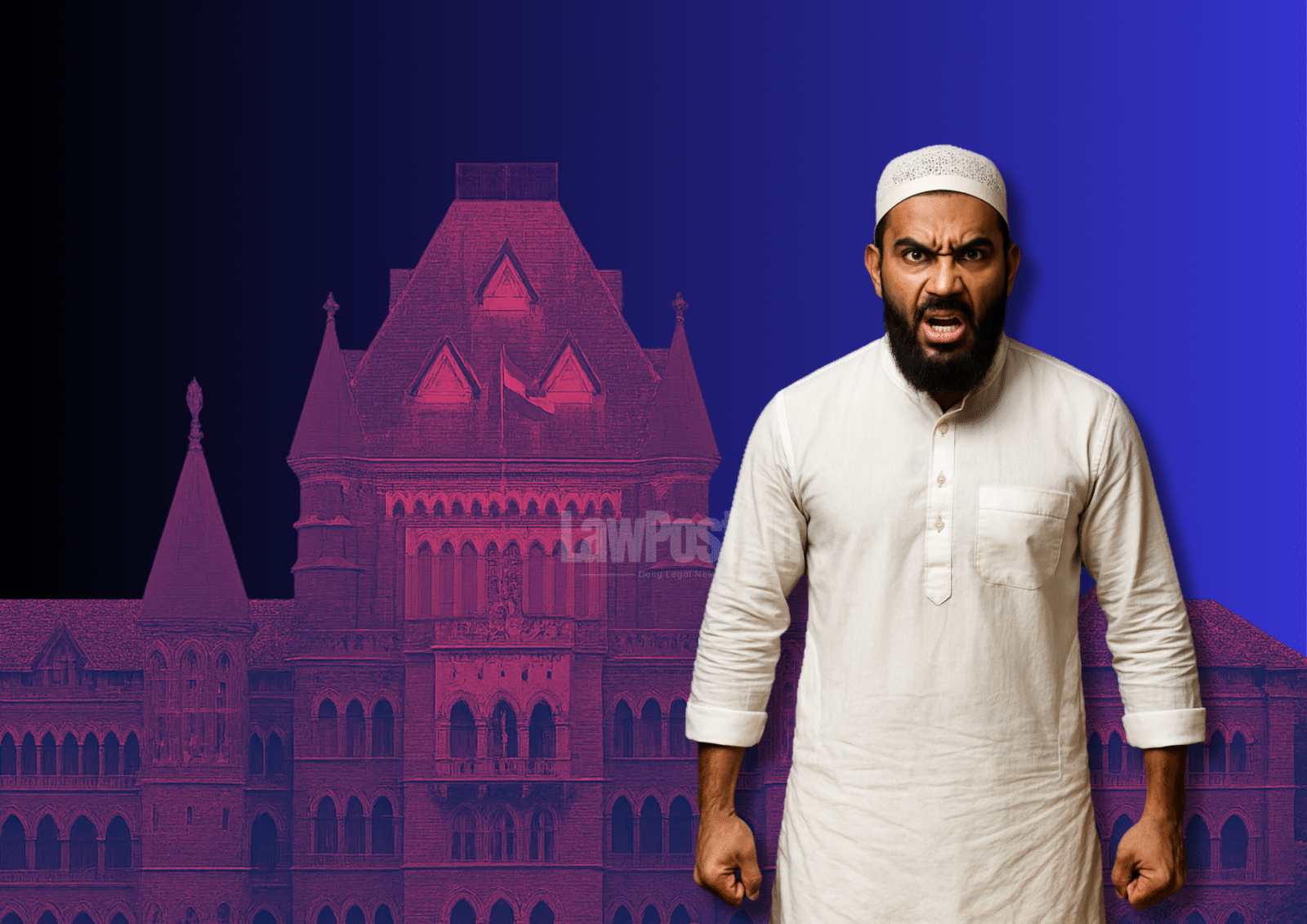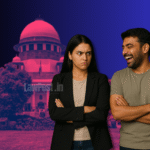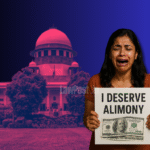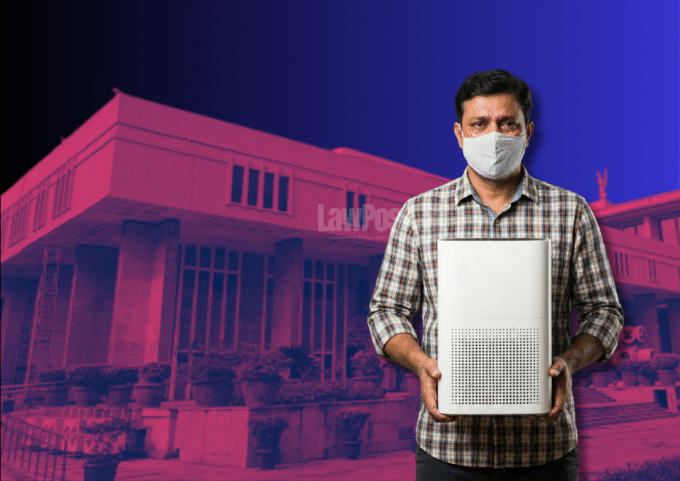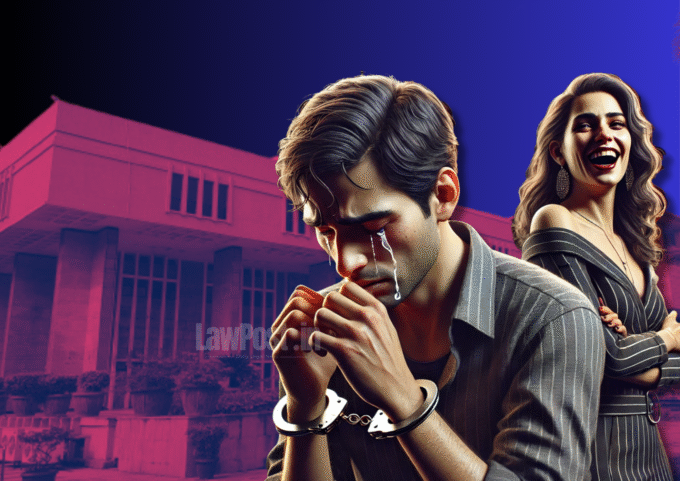In a landmark decision prioritising the welfare of a minor over the strict application of personal law, the Bombay High Court (Aurangabad Bench) has granted custody of a 9-year-old boy to his mother, setting aside a previous order that had handed over custody to the father based on Muslim personal law.
Justice Shailesh P. Brahme, delivering the verdict in a First Appeal filed by the mother, stressed that “when the personal law is pitted with comfort and welfare of the child, latter would have upper hand.” The case involved a couple who separated in 2020 after marrying in 2010. The child had been in the care of the mother since the separation.
The District Judge of Nilanga had, in December 2023, ruled in favour of the father, citing that under Muslim personal law, custody (hizanat) shifts to the father once the child turns seven. However, the High Court overturned this, recognising the child’s strong emotional bond with his mother.
“I found from various questions put to him, that he is an intelligent and precious child. I also found that the bonding of the minor with the appellant is greater. He has flatly refused to go with the respondent,” the judge noted after interacting with the child in chambers.
Referring to the Supreme Court’s decision in Neethu vs. Rajesh Kumar (MANU/SC/0920/2025), Justice Brahme warned against placing children in emotionally alienating environments:
“It would be extremely harsh and insensitive for the courts of law to expect the child to accept and flourish in an alien household where his own biological father is akin to a stranger to him. We cannot turn a blind eye to the trauma that is being inflicted on the child…”
The Court also examined commentary by renowned Muslim law scholar Dr. Tahir Mahmood, clarifying that hizanatencompasses more than mere physical custody—it includes the nurturing and upbringing (parvarish) of the child.
While acknowledging that the mother’s hizanat ended when the child turned seven, Justice Brahme said the father failed to prove that he could provide a stable and supportive environment.
“Respondent does not come with a positive case of his source of income except his plea of labour work and pension of his father,” the Court observed, further noting the absence of any female member in the father’s household who could aid in the child’s upbringing.
The Court also dismissed the father’s allegations that the mother failed to comply with interim custody directions, holding that her lapses were not enough to deprive her of custody:
“The deficiencies or lapses on the part of appellant is not sufficient enough to disentitle her to retain the custody of the minor.”
Ultimately, the High Court quashed the District Court’s order. The mother will continue to have custody of the child, while the father has been granted limited visitation rights—seven days during long vacations and one Sunday or festival day per month—under the supervision of the District Court in Bidar.
The pending contempt petition filed by the father will be dealt with separately.
This ruling underscores the judiciary’s evolving approach in prioritising the best interests of the child, even when personal laws suggest otherwise.


